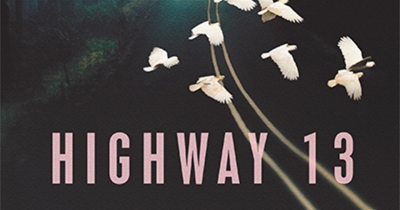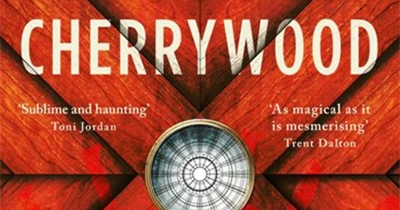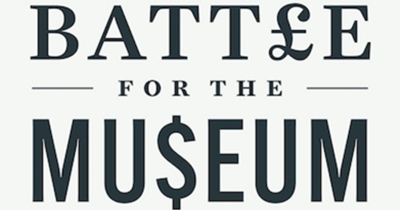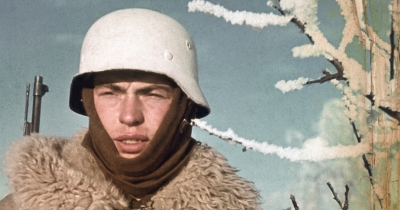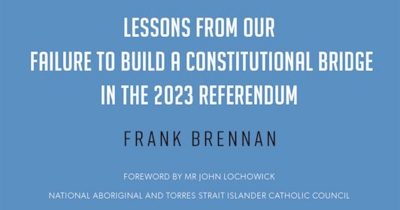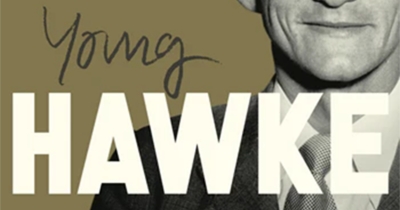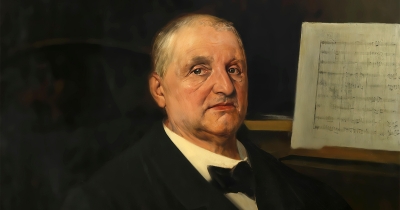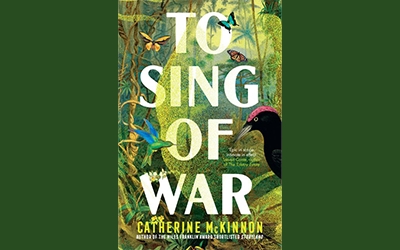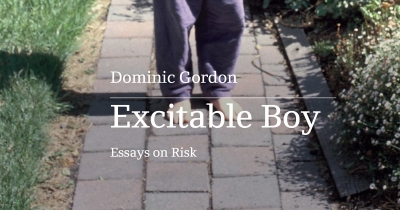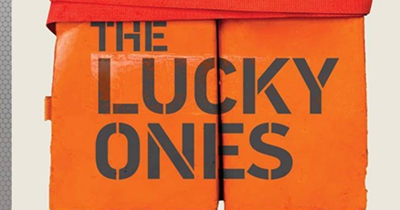Review
Battle for the Museum: Cultural institutions in crisis by Rachel Spence
by Gabriella Coslovich •
November 1942: An intimate history of the turning point of the Second World War by Peter Englund, translated from the Swedish by Peter Graves
by Joan Beaumont •
Lessons from Our Failure to Build a Constitutional Bridge in the 2023 Referendum by Frank Brennan & The End of Settlement by Damien Freeman
by Dominic Kelly •
On 4 September 2024, the classical world of music, and especially its Austro-Germanic heartland, will celebrate the bicentenary of Anton Bruckner’s birth. Australia’s homage to this symphonic Titan is relatively modest, though these months do include performances of his Ninth (Brisbane, QSO, Johannes Fritzsch), and Fourth (Melbourne and Geelong, MSO, Daniel Carter; Hobart, TSO, Eivind Aadland), along with the Sydney Symphony Orchestra’s four performances of the Eighth Symphony, under Simone Young. Her global reputation increasingly rides on dynamic interpretations of large later-Romantic works, by Richard Wagner, Gustav Mahler, Richard Strauss, as well as Bruckner.
... (read more)
